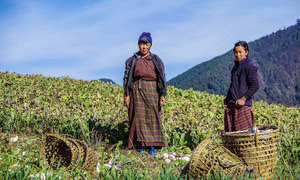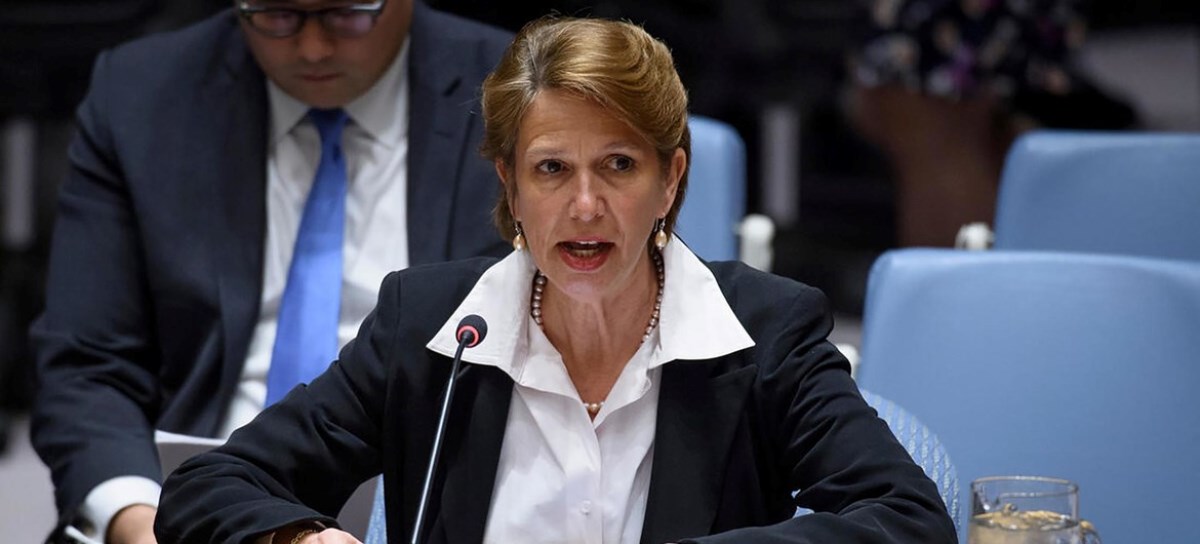The day was proclaimed by the United Nations General Assembly through a resolution in 2013. The resolution declared that such a day was necessary to raise awareness of the situation of victims of human trafficking and for the promotion and protection of their rights.
 KRC Times Tell Tale Teaser Team
KRC Times Tell Tale Teaser Team

Modern slavery is one of the biggest human rights challenges of our time. It attacks the most vulnerable, strips them of their freedom and often their humanity, and commits them to a life that, for some victims, is a fate worse than death. It is our responsibility as citizens of this earth to ensure it ends, and ends for good. Ending Human Trafficking is a shared global challenge. It is up to us to work together to stop to it, for good.
The day was proclaimed by the United Nations General Assembly through a resolution in 2013. The resolution declared that such a day was necessary to raise awareness of the situation of victims of human trafficking and for the promotion and protection of their rights. In September 2015, the world adopted the 2030 Sustainable Development Agenda and embraced goals and targets on trafficking in persons. The theme for World Day Against Trafficking in Persons 2019 is – “Human Trafficking: Call Your Government To Action“.
Human trafficking is a heinous crime that affects every region of the world. Some 72% of detected victims are women and girls, and the percentage of child victims has more than doubled from 2004 to 2016, according to the United Nations Office on Drugs and Crime (UNODC). Most detected victims are trafficked for sexual exploitation; victims are also trafficked for forced labour, recruitment as child soldiers and other forms of exploitation and abuse
Indian authorities also use Sections 366(A) and 372 of the Indian Penal Code, prohibiting kidnapping and selling minors into prostitution respectively, to arrest traffickers. Penalties under these provisions are a maximum of ten years imprisonment and a fine. Immoral Trafficking Prevention Act (ITPA), with prescribed penalty of seven years to life imprisonment. India also prohibits bonded and forced labour through the Bonded Labour Abolition Act, the Child Labour Act, and the Juvenile Justice Act. The Ministry of Labour and Employment displays full-page advertisements against child labour in national newspapers at periodic intervals. The government has also instituted pre-departure information sessions for domestic workers migrating abroad on the risks of exploitation which include distinguishing between ‘Emigration Check Required’ (ECR) and ‘Emigration Check Not Required’ (ECNR) passports. Still a lot has to be done, it’s just a start.





